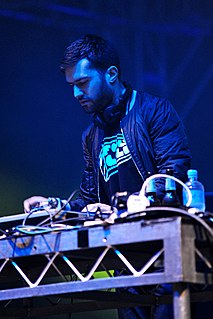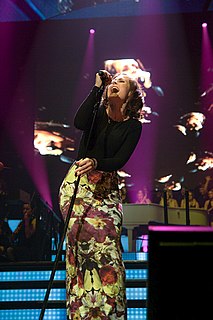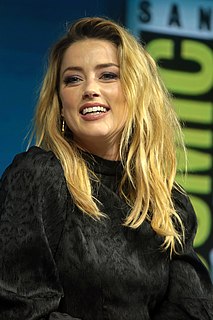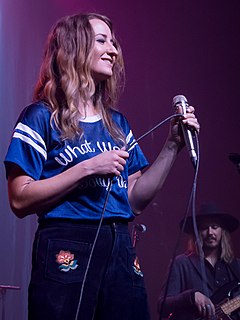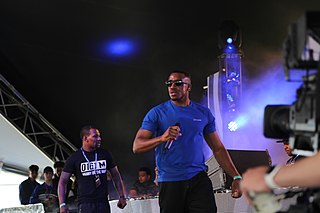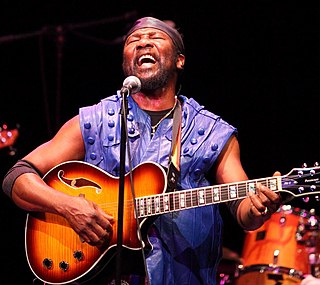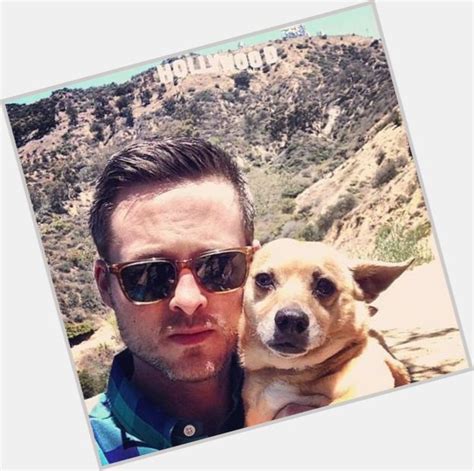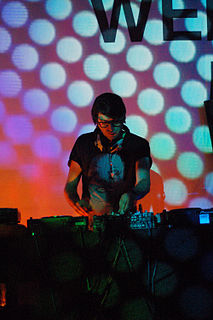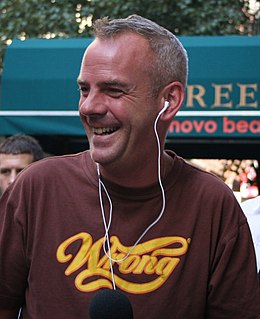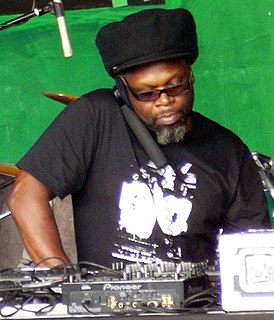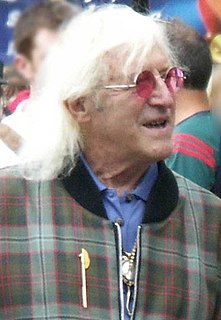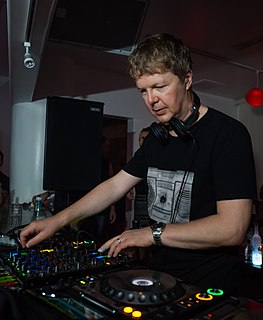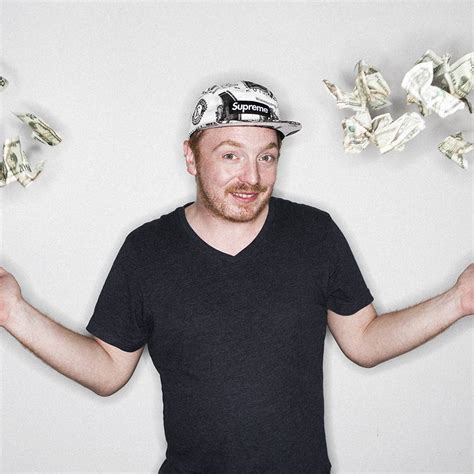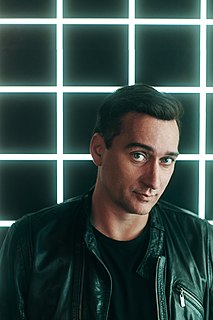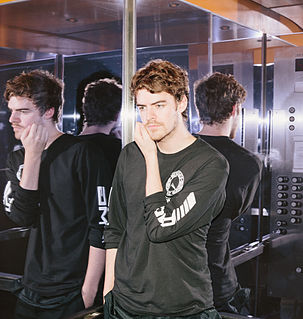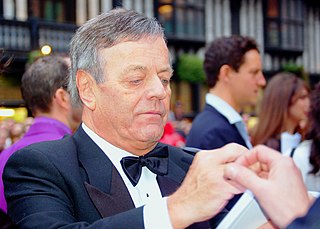A Quote by A-Trak
At the end of the day, Fool's Gold is a label that, when I hear something I like, I try to grab it for the label. There's a ton of great music coming out.
Quote Topics
Related Quotes
At the end of the day, I think there is an important moment happening in our society right, and I have to do the right thing. At the end of the day, I don't label myself one way or another. I come from a place where I find it hard to identify with a label. I've dated men in the past, and now I'm dating a woman, and I see it as ultimately no big deal.
This was early '90s and in New York hip-hop was coming on really strong; that was the sort of urban folk music that was almost threatening to eclipse rock music and indie rock music in terms of popularity, which it has certainly gone on to do. But you know, this is the end of the 1980s, beginning of the '90s. The whole independent label thing has really evolved to this incredible point from the early '80s when we started, and there wasn't one record label at all, until a couple people started forming these small labels.
The people at the label were great but at the end of the day our visions didn't match up and I knew I had to do it my way. The potential success that could come with signing with a major label didn't quite outweigh how important it was for me to make my music the way I knew it needed to be made. It was a hard decision to make, but I've never regretted it for a second and it's only become more clear to me after making and releasing Stairwells that it was the right one.
I've been on a major label for 14 years. I've always wanted as many people as possible to hear my music, and it definitely made sense for the majority of my career to be on a major label, on a distribution level, to be in people's faces and be out there, and have access to major labels' incredible machine, even though they have not understood or haven't been invested in what I was doing.
As a label I don't care about piracy. I want the music that we [my band] love to be heard by as many people as possible. The more people like the music we put out, the better the label and artists will do. If anyone genuinely likes what we do they will find us, buy our vinyl or come to see the artists play live.
